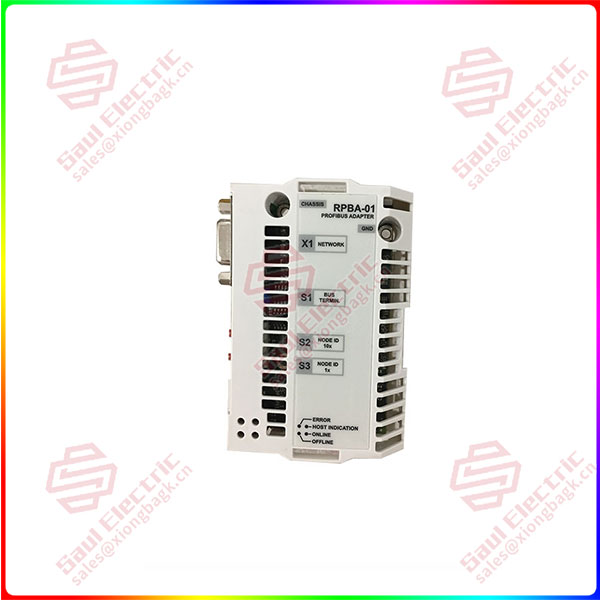In the past few years, the “industrial Internet” has not only triggered a technological wave in the world, but also become an important weapon for the government to build a strong engine of China’s industry, build a new industrial ecology, and lead high-quality economic development under the current complex and changeable political and economic situation.
one
The industrial Internet has become an important infrastructure
In today’s world, the wave of information technology is sweeping the world, and information and communication technology and manufacturing technology are interwoven. Human society is entering a new era of interconnection of everything, integration of virtual and real, digital intelligence, and openness and sharing. The industrial Internet has formed a historic intersection with the accelerated transformation of China’s economic development mode, providing a rare and major historical opportunity for China to implement the innovation-driven development strategy.
Recently, the National Bureau of Statistics announced that China’s annual GDP exceeded 100 trillion yuan for the first time, becoming the only major economy to achieve positive growth. The rapid recovery of the manufacturing industry has made a very outstanding contribution to the growth and stability of China’s economy. Data show that from January to November 2020, the total profit of industrial enterprises above designated size in the country was 5,744.5 billion yuan, an increase of 2.4% year-on-year. With the help of industrial Internet technology, industrial enterprises in various regions have quickly resumed production and work, reflecting the advantages of China’s complete manufacturing industry, strong resilience, high flexibility and strong self-recovery ability. After more than four years of development, the industrial Internet industry has also handed over a satisfactory answer in this sudden epidemic.
two
The necessity of industrial operating systems
At present, the manufacturing industry in the process of digital, network, intelligent transformation, its production, management, operation each link has gradually exposed many problems. The real needs of industrial enterprises are mainly reflected in data fusion, production planning and scheduling, industrial equipment management, production collaboration and so on.

RPBA-01
In the application of data fusion, there are widespread requirements for multivariate data acquisition, heterogeneous system integration and data fusion applications. In the production and manufacturing process, production data, management data, laboratory data, safety monitoring data, environmental monitoring data, meteorological environmental data, raw material quality, personnel positioning data and video surveillance data, how to effectively process and apply is the common problem facing industrial enterprises. In the actual operation and maintenance process of enterprises, it is strongly required that these data can be seamlessly integrated.
In the aspect of production planning and scheduling, enterprises urgently need to apply industrial factory model, physical property database and calculation database with low threshold. Because modern industrial enterprises have many production links, complex cooperative relationships, strong production continuity, fast changes in the situation, a local failure, or a measure is not implemented on schedule, it often affects the operation of the entire production system. Therefore, strengthening the production scheduling work is very important for timely understanding and mastering the production schedule, studying and analyzing various factors affecting production, and taking corresponding countermeasures according to different situations to narrow the gap or restore to normal.
In terms of industrial equipment management, enterprises lack intelligent, visual and integrated management tools. Manufacturing enterprises have a large number of dynamic equipment and static equipment, including tanks, towers, valves, pipelines, instruments, laboratory analysis, etc. The degree of intelligence of these devices varies, and the requirements for maintenance, maintenance and management vary. Many companies do not achieve electronic full life cycle management for these equipment, only manual and paper ledger records, the maintenance of a single equipment only rely on planned periodic maintenance and repair. However, these equipment in the production environment, have long-term operation and stable operation requirements, if a device because of failure and can not be repaired in time, will affect the normal operation of the device, resulting in shutdown repair.
In terms of industrial production safety management, with the development of industrial automation, production equipment has become more and more automated, continuous, large-scale, complex, enterprise production process processing and storage of flammable, explosive, toxic hazardous substances scale is also increasing, once the normal operation of these substances is damaged, it is possible to cause casualties, property losses and environmental damage. The disaster affects a large area, and the occurrence of the accident is sudden, catastrophic, complicated and social. Therefore, the manufacturing industry has extremely strict requirements for safety management.
In terms of production collaboration, enterprises hope to eliminate internal information silos and open up the data of different information systems to improve production efficiency, production quality and reduce costs. Between the upstream and downstream enterprises in the industrial chain, enterprises hope to achieve the transparency of product quality, transportation process and intermediate storage process through product logistics tracking on the one hand, and eliminate information asymmetry on the other hand, so as to achieve flexible and scientific supply chain management.
At present, more and more industrial enterprises have realized the necessity of digital transformation, and the application of digital is also very urgent. The industrial operating system can effectively connect a variety of equipment and systems inside the factory to achieve interconnection and integration, on the other hand, can realize the collaboration between enterprises and enterprises, the upstream and downstream of the industrial chain, through the open platform, industrial intelligent software to achieve de-skilled. Industrial operating systems can also build industrial software to achieve the effective precipitation, sharing and reuse of industrial knowledge, drive enterprise business model transformation, management change and business model innovation, enhance the core competitiveness of enterprises, and then help the high-quality development of the industry.
 1 Year Warranty
1 Year Warranty





